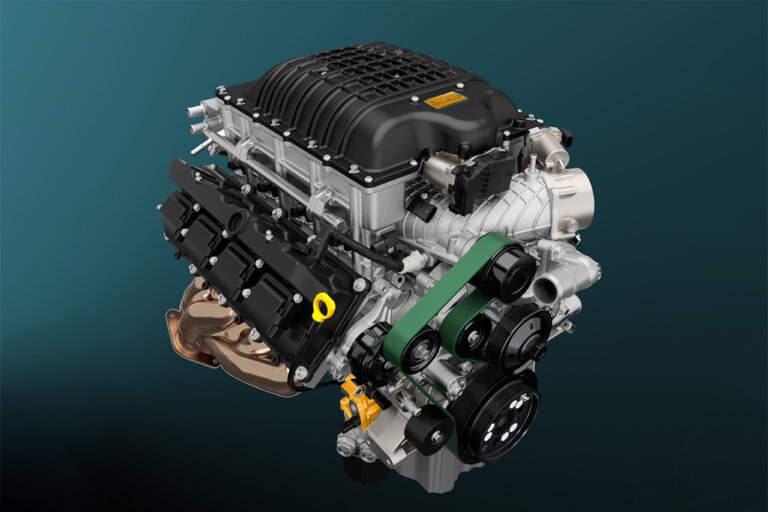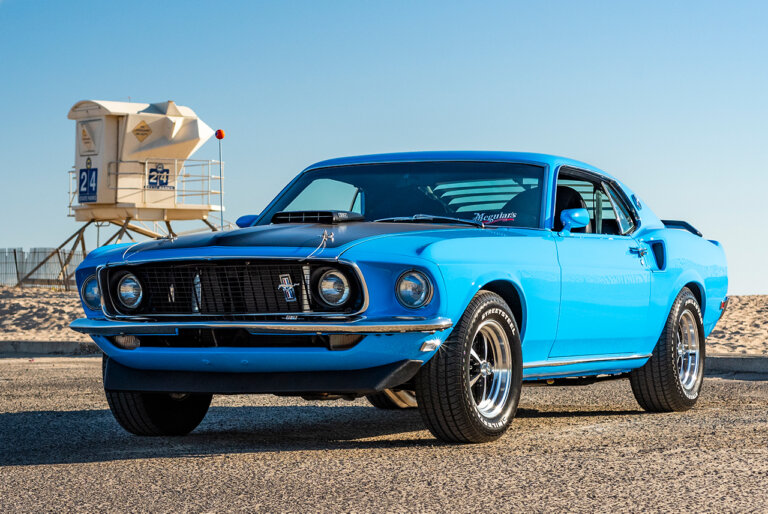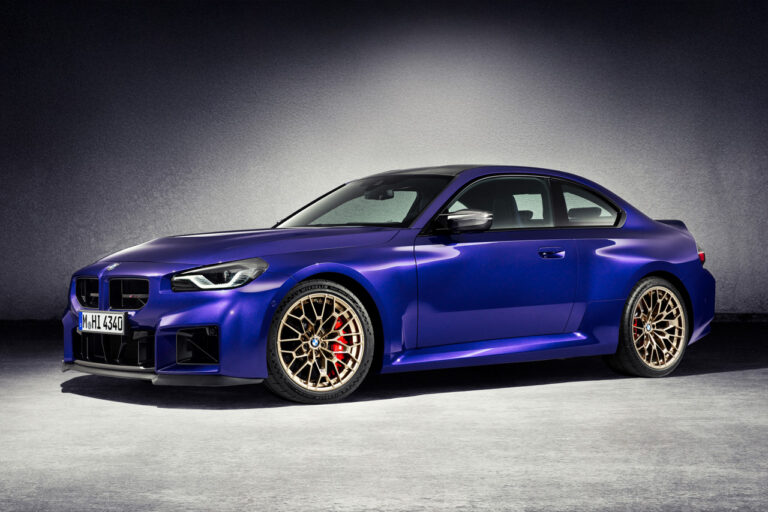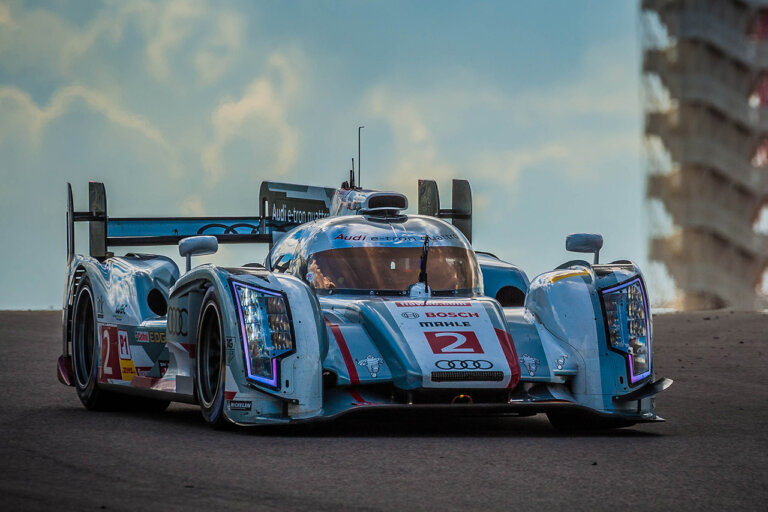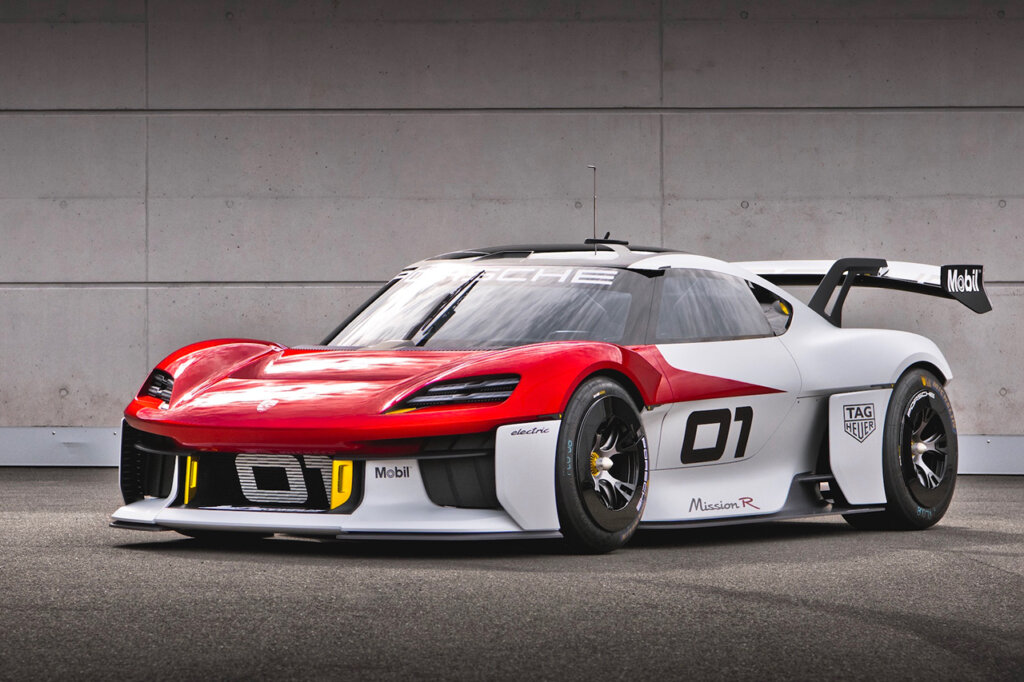
Source: Porsche
Porsche concept cars are a tantalizing glimpse into the future of automotive design and technology and the brand has created some innovated platforms. Created by automakers as experimental prototypes, these vehicles often serve as a playground for new ideas, radical designs, and cutting-edge technologies. Unlike production models, which must adhere to strict safety, regulatory, and market constraints, concept cars exist in a space where innovation and creativity take precedence over practicality. They allow designers and engineers to think beyond current limitations, offering a bold vision of what might be possible in the automotive world.
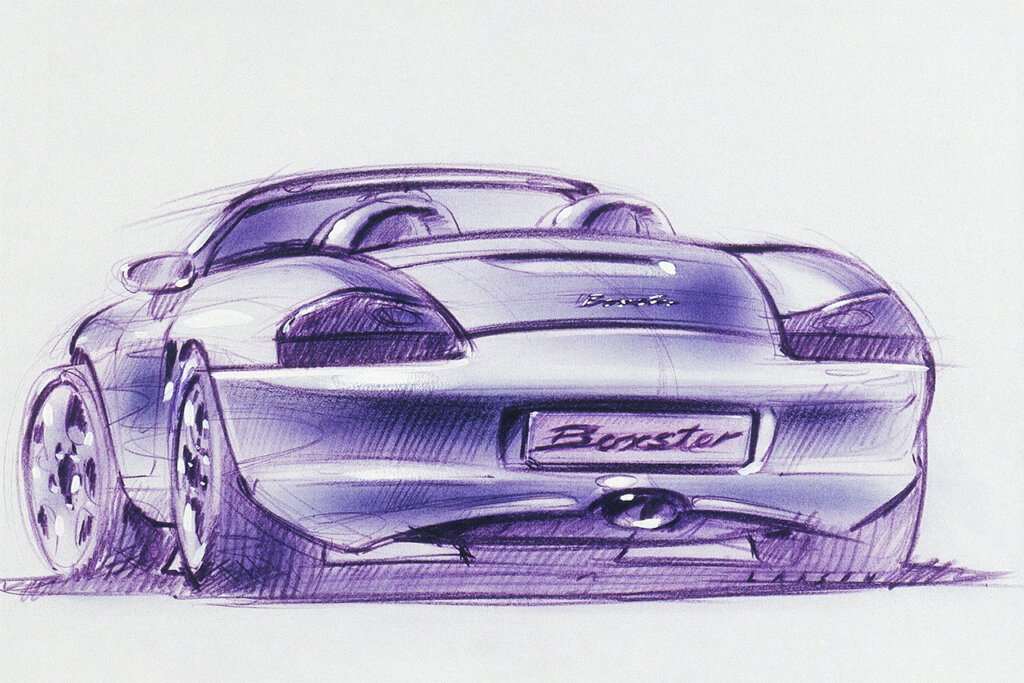
Concept art for the Boxster Spyder from 95’/96′.
Source: Porsche
While production vehicles are built with a clear path to the consumer in mind, concept cars exist as a bridge between imagination and feasibility. They rarely meet the rigorous standards required for mass production, such as crash testing, emissions regulations, or everyday usability. Instead, concept cars are built to spark excitement, test public reaction, and explore the boundaries of design and engineering. Automakers often use concepts to gauge interest in new features or design languages, some of which may trickle down to production models, albeit in a more refined and practical form.
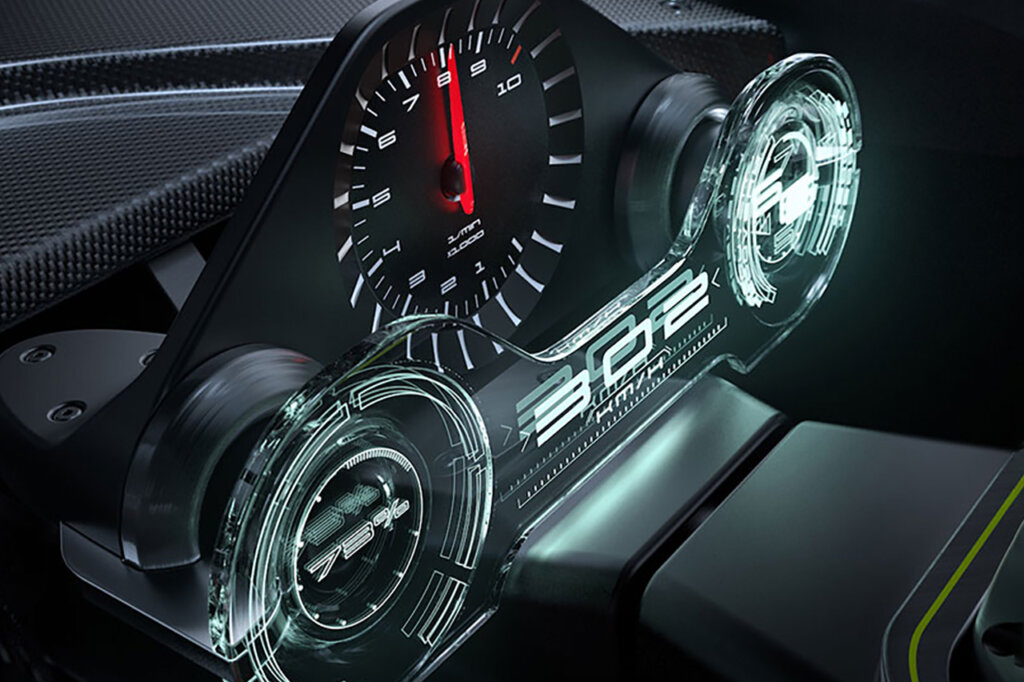
& pushing out of the status quo.
Source: Porsche

